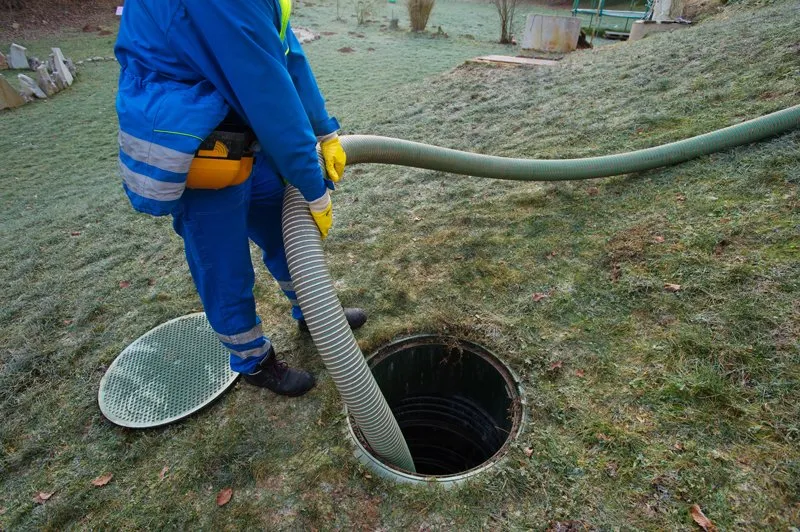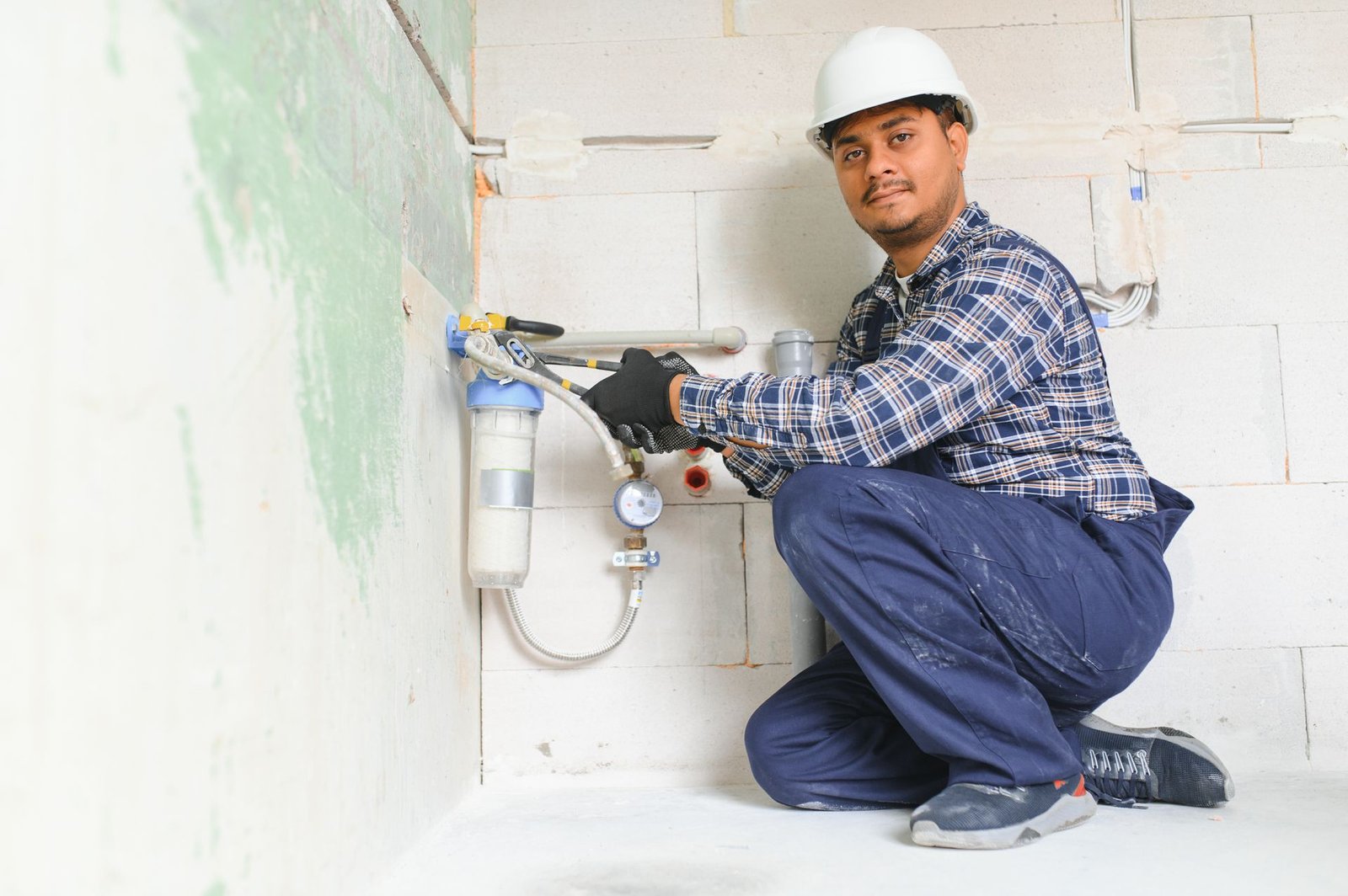Florida summers are not all about the beach and sunshine. These also come with intense heat, humidity, and increased water usage in most households. Whether you are performing lawn care, pool maintenance, or taking showers, your plumbing system, especially your water softener, works overtime this time of year.
The state’s high mineral content (especially calcium and magnesium) makes water softeners almost a necessity for many homes, particularly in areas like Tampa, Orlando, and South Florida. And with all those mineral contents in these waters, water softeners are practically essential to any home that wants to preserve plumbing and appliances, as well as the skin. A water softener isn’t something you install and forget about. It is always a good time to perform quarterly maintenance on your system.
In this blog, we’ll walk you through easy, effective ways to maintain your water softener during Florida’s summer months, helping you avoid breakdowns, save money, and keep your water quality high.
Why Summer Maintenance Is Important in Florida
The high temperature in Florida during the summer can put extra pressure on the water softener in your home. Common factors that influence the water softener are as follows:
- Increased water usage (showers, laundry, sprinklers, pools)
- Salt bridging due to high humidity
- Mineral-heavy municipal water supplies
- Vacation absences where systems may sit idle
If you don’t maintain the water heater at regular intervals, it can become clogged, inefficient, or completely stop working. This can lead to scaling on faucets, dry skin, appliance damage, and more.
Florida-Friendly Water Softener Maintenance Tips
-
Monitor Salt Levels Monthly
You may occasionally find clumping or caking in your salt tank. These can happen due to the high humidity levels in Florida, especially if you fail to check the salt levels regularly.
What to do:
- Check the salt level at least once a month.
- Refill only when it drops below half full.
- Use high-quality salt pellets made for humid environments. However, avoid rock salt as it is more prone to clumping in humid conditions.
-
Watch for Salt Bridges
A salt bridge, a hard crust, forms in the brine tank. It prevents the salt from dissolving and softening your water properly.
You can fix it with the following steps:
- Gently breaking up the crust with a broom handle or soft tool.
- Stirring the salt to improve distribution.
This is especially important during Florida’s wet, humid summers, when salt bridging is common.
-
Clean the Brine Tank Before Peak Season
A yearly cleaning is recommended to avoid blockages and bacterial buildup.
The following are the preventive steps:
- Turn off your softener and water supply.
- Remove leftover salt and rinse the tank.
- Scrub the inside with dish soap or softener cleaner.
- Rinse thoroughly and refill with clean salt.
-
Use Resin Bed Cleaner
Florida’s water often contains iron and other minerals that can wear down your softener’s resin bed.
Here is how you can fix it:
- Add resin bed cleaner every 3–4 months.
- If you notice reduced softness or staining, increase cleaning frequency.
The resin bed in the water softener is compared to its heart. By keeping it clean, you can enjoy Florida’s mineral-enriched water.
5. Regenerate Before You Go on Vacation
Are you planning a trip outside Florida? Can it take a few weeks? Don’t forget the water softener. If you overlook it, the water will become stagnant, and high salt levels present in it can create bacteria. There are also chances that the system may clog or struggle to regenerate after sitting idle.
Here are what you may consider
- Run a manual regeneration cycle before leaving
- You should unplug the system if you will be outside for longer than a month.
6. Inspect for Heat-Related Damage
Florida’s extreme summer heat can affect plastic and rubber components, especially if your softener is installed in a garage, shed, or outside.
What to check:
- Cracked hoses or seals
- Warped lids or brine tanks
- Corrosion or standing water around the unit
Call a plumber or Florida water softener service technician if you spot any of these issues.
7. Schedule a Mid-Year Inspection
Even if there is no issue with the water softener, it is crucial to get the system checked by a licensed Florida plumber. A professional can:
- Test your water hardness
- Adjust system settings for summer demand
- Inspect valves and resin condition
- Catch small issues before they become costly repairs
In areas like Tampa, it is crucial due to heavy seasonal water usage and variable water quality.
Signs Your Water Softener Requires Maintenance Immediately
If you find the following signs, it is time to call professionals for water heater maintenance:
- Water feels hard or leaves spots on dishes
- Itchy skin or dry hair after showers
- Soap doesn’t lather well
- Excessive salt usage
- Iron staining in sinks or toilets
- Strange odors from your water or tank
These may indicate a clog, resin bed failure, or that your softener isn’t regenerating properly.
Final Words
So, if you live in Florida, maintaining the water softener is not optional; it is essential. Be it high water usage or battling high humidity levels, the water softener should remain in peak and span condition. Hire professionals to regularly check the water levels, clean components, etc. It will enable you to enjoy consistently soft water all summer long.
If you are looking for plumbing professionals for regular water softener maintenance or other services, count on Optimum Plumbing LLC. We have been one of the renowned plumbing experts in the region, offering top-notch plumbing installation, repair, and maintenance services. Call us today to get an estimate for our services!
FAQs
Why should I maintain the water softener regularly?
Florida’s high humidity and hard water can damage the water softener. Therefore, you should ensure regular maintenance to ensure its optimal condition.
How often should I check salt levels in summer?
We recommend checking the salt levels every month. It enables the system to remain free from salt clumping and ensure your water softener runs efficiently.
Should I turn off my softener when I am on a long vacation?
Yes. If you are going for a vacation for more than one month, you should regenerate it manually and turn off the system.
Should I get a professional water softener inspection?
You should hire professionals for water softener inspection, especially in the summer. It will help to prevent hidden issues and optimize performance. Get in touch with us to learn about further preventive tips.







